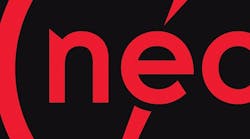Paying close attention to product labels and MSDS sheets can prevent painful injury or even save your life. But those information sources use a particular vocabulary that you might misinterpret.
Our natural human tendency when encountering a new word is to mentally "fill in the blanks" from the context. While this may work fine in casual conversation, it can prove tragic when working around industrial chemicals.
Each MSDS includes an information phone number. If you aren't completely sure about something you read, call that number and ask for clarification. At worst, you'll spend a few minutes and end up confirming how smart you are (that's really not a bad reason to call now, is it?). At best, you'll clear up a misunderstanding so you can return home unharmed.
To help you reduce how much phone time you need, we'll look at some commonly-used MSDS terms in subsequent issues.


